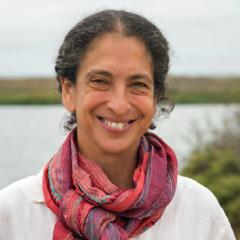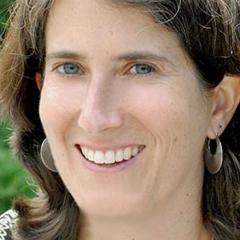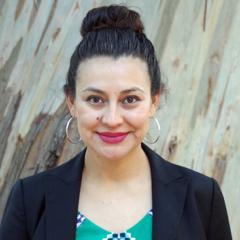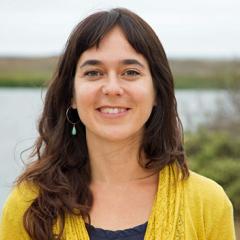Why Gaps Matter: Links between social inequality and environmental quality
For decades, environmental justice organizations have been advocating to reduce pollution and impacts affecting low income communities that are largely communities of color. These “fenceline” communities are often characterized as areas of concentrated environmental harms and degradation. What is less known is that in some cities where racial segregation occurs and social inequity increases, environmental quality is often worse for everyone, not just those in closest proximity to point sources of pollution. This research forms a core of emphasis for Switzer Fellow (1995) Rachel Morello-Frosch who is a Professor at UC Berkeley in Environmental Science, Policy and Management and the School of Public Health.
She and her colleagues are working to understand the linkages between social inequity and environmental health disparities. Some of the factors are easy to see - as communities are more segregated, people drive more and so air pollution increases for all. Differentials in power and other factors can also contribute to greater harms than areas where there is less social inequality as measured by income and other factors. Data shows that the harms can negatively affect everyone, even as the conditions are invariably worse for the neighborhoods and communities in closest proximity to pollution sources. Taking into account the cumulative impacts of multiple factors, these already overburdened communities suffer greater vulnerability to health impacts. When this is taken into account, the public health disparities become significant.
Dr. Morello-Frosch’s research is not only informing policy and practice in the field of environmental and public health, it is paving the way for the kind of interdisciplinary research we need, and aims to increase our understanding of the structural barriers to positive environmental change.
Here are a few selected readings pertaining to her research that were referenced on a recent Switzer Fellows network call. Several of these were done in collaboration with Switzer Fellows Lara Cushing and Miriam Zuk Solis. See Rachel Morello-Frosch’s UCB website profile for more of her published papers.
- Cushing L, Morello-Frosch R, Wander M, Pastor M .The Haves, the Have-nots and the Health of Everyone: The Relationship Between Social Inequality and Environmental Quality. Annual Review of Public Health. Forthcoming, 2015.
- Morello-Frosch R, Zuk M, Jerrett M, Shamasunder B, Kyle AD. (2011) “Understanding the cumulative impacts of inequalities in environmental health.” Health Affairs, 30(5):879-887.



